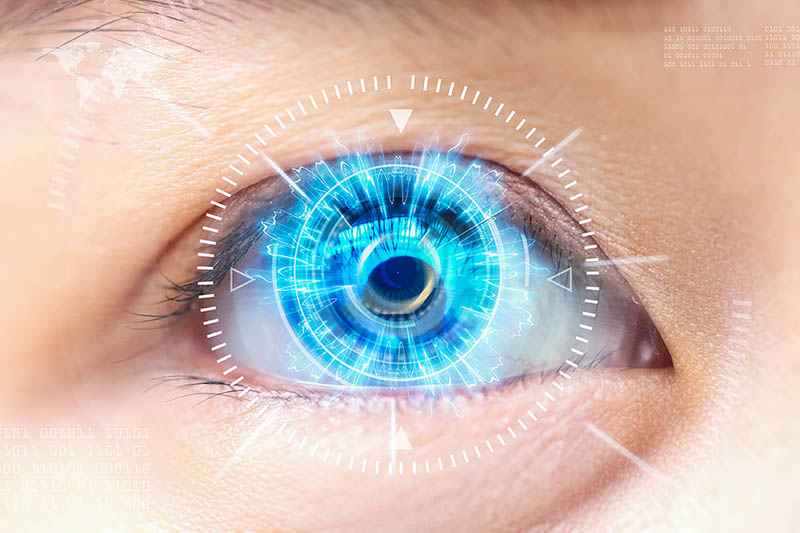Cataracts are a very common experience in senior citizens. According to studies, by the age of 80, nearly half of all senior citizens will be affected by cataracts to the point of loss of vision, or have had cataract surgery. Other studies add that 90 percent of seniors over the age of 65 will have a cataract in at least one eye.
What are Cataracts?
A cataract is a clouding of the lens within your eye. Essentially, but often times very slowly, the protein within your lens breaks down, which eventually results in cloudiness in your visions.
Because the breakdown of the proteins within your eye that produces cloudiness in your vision is often very slow, many people may not notice they are developing a cataract for many years.
What Are the Symptoms of Cataracts?

General symptoms include:
- A decrease in vision that is not improved by wearing glasses
- Colors begin to become faded within your visions
- Increased sensitivity to light, and halos seen around street lamps
- Very frequent changes in eye prescriptions
- The need for brighter lights for reading
- Double vision experienced within a single eye
Common Questions and Answers About Cataracts?
Q. If I suspect I may have a cataract, how do I know for sure?
A. Only a licensed eye care professional can determine if you have cataracts during a dilated eye exam. Sometimes, if you are having vision problems, it is due to other eye problems.
Q. If I do have a cataract in one eye, can it spread to the other eye?
A. No. Cataracts are primarily a matter of aging and eye health. But they don’t spread.
Q. Are Cataracts Genetic?
A. While some babies are born with cataracts, for the most part, cataracts are not genetic. However, many diseases that cause eye problems, along with medical conditions such as diabetes, make contracting a cataract more likely.
Q. Are their other risk factors?
A. Yes.
- Smoking
- Heavy Drinking
- Obesity
- Lots of exposure to the UV light of the sun
- And previous eye injuries have all been shown to increse the risk of cataracts.
Cataract Surgery and Cataract Surgery After Effects
Once you’ve been diagnosed with cataracts, you’ll need to have surgery to correct the problem. In most cases, cataract surgery requires less than 15 minutes, plus some time for recovery from the anesthetic.
Once a cataract has been removed, the eye needs to rest. After affects rarely need serious medical attention but can include, bloodshot eyes, eye infection, temporarily, a blurred vision. Most patients simply need follow-up visits, and if necessary, medication.
Cataracts seem to be a common nuisance for many as they age, but the remedies are very precise.